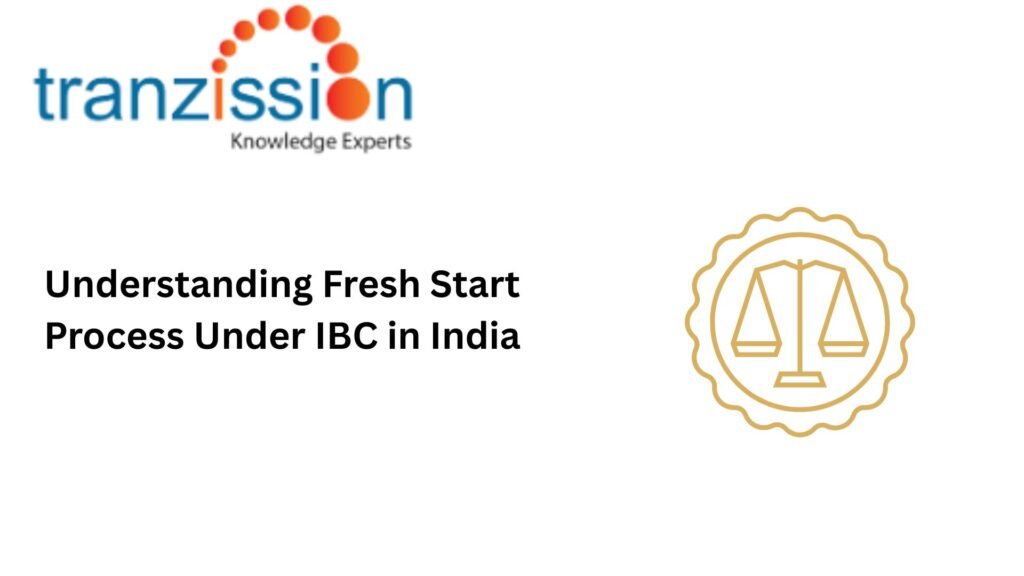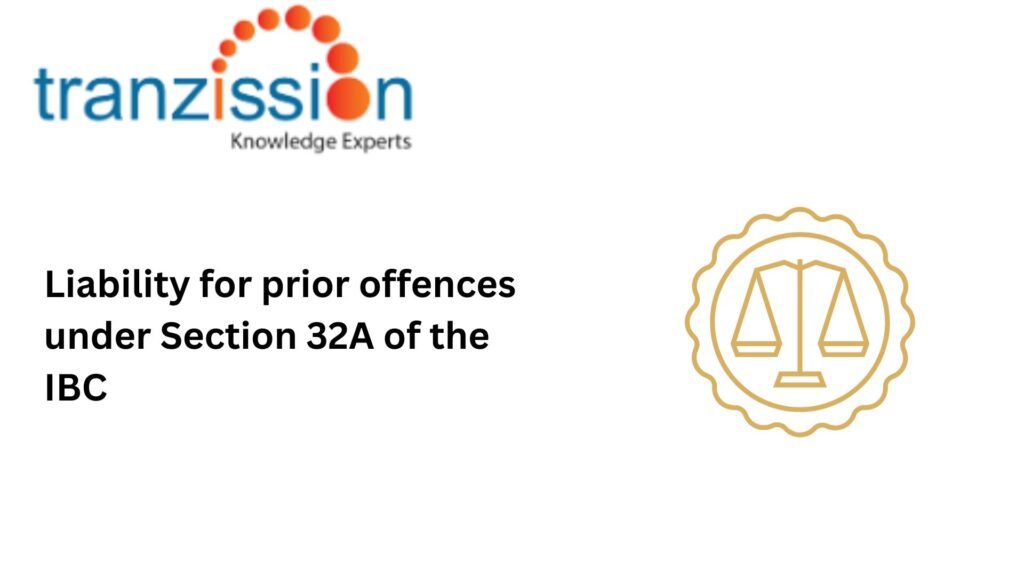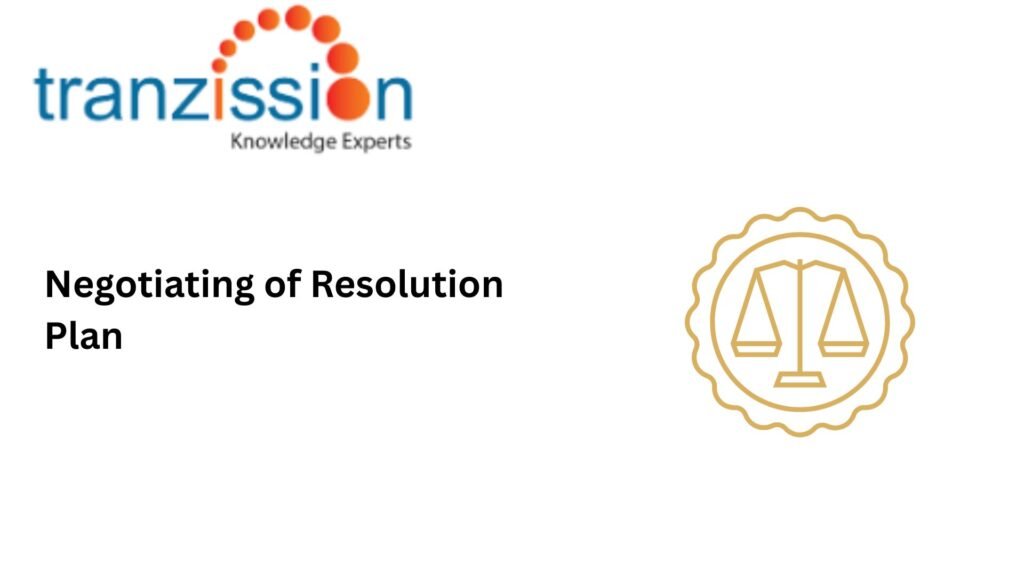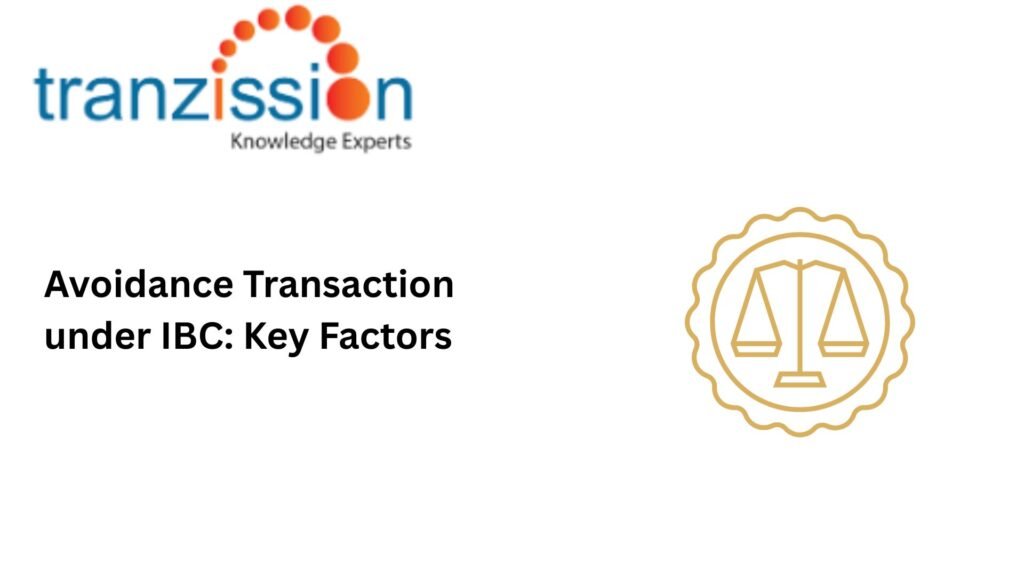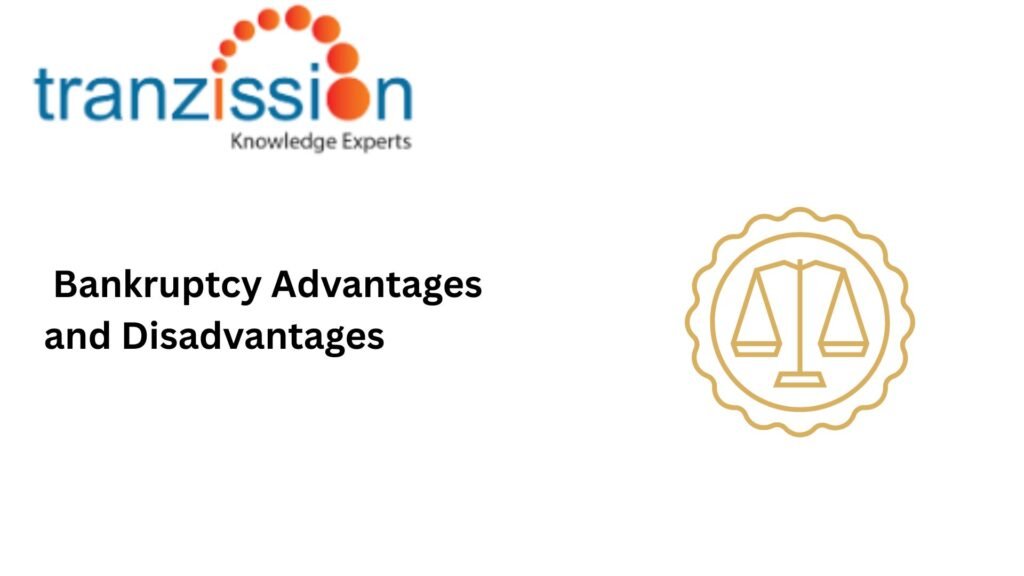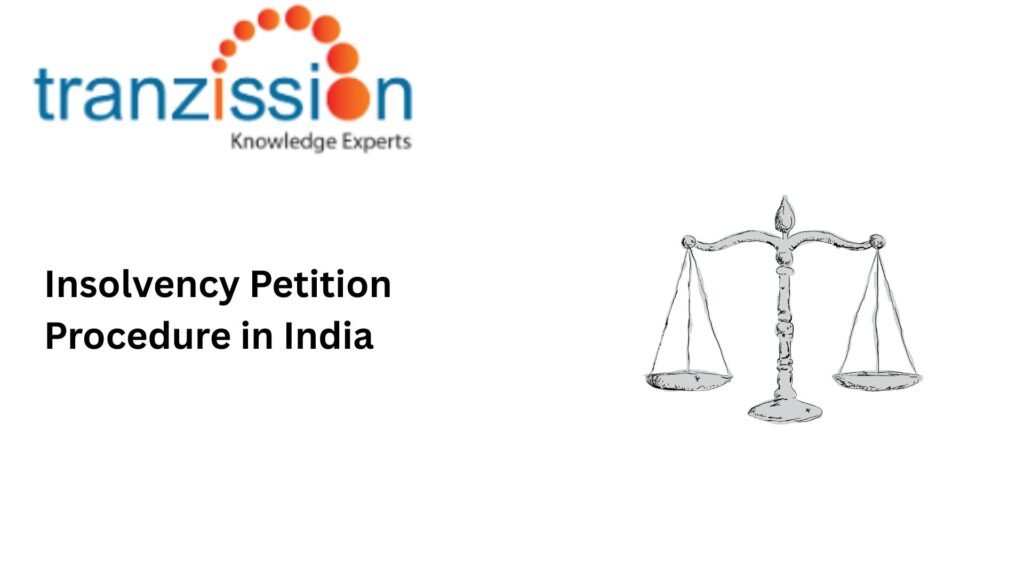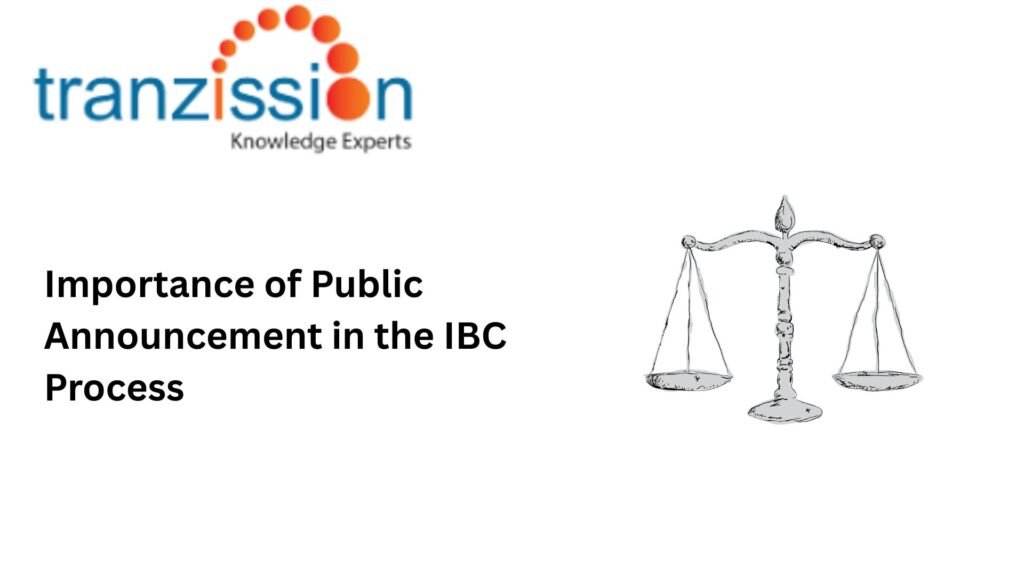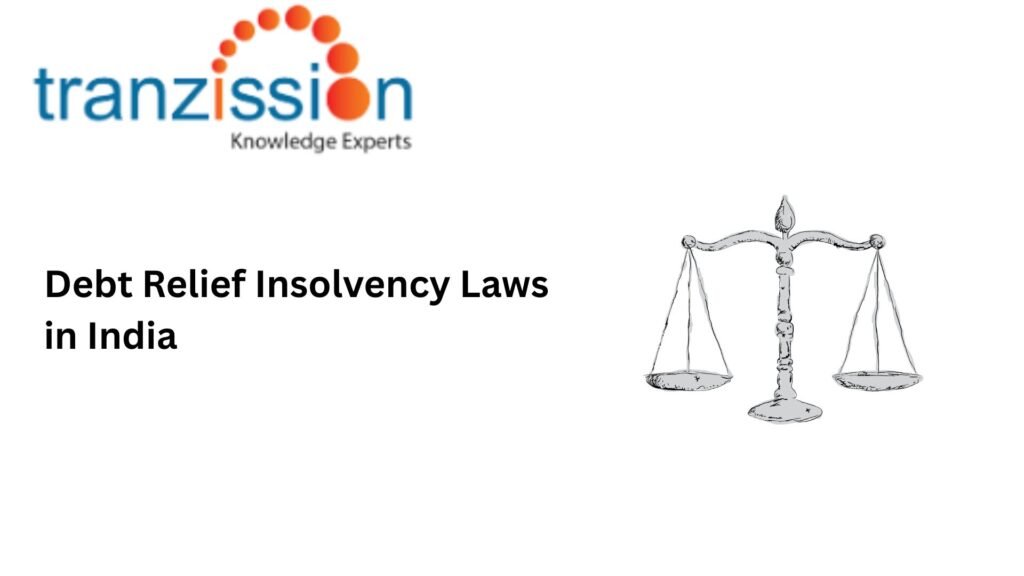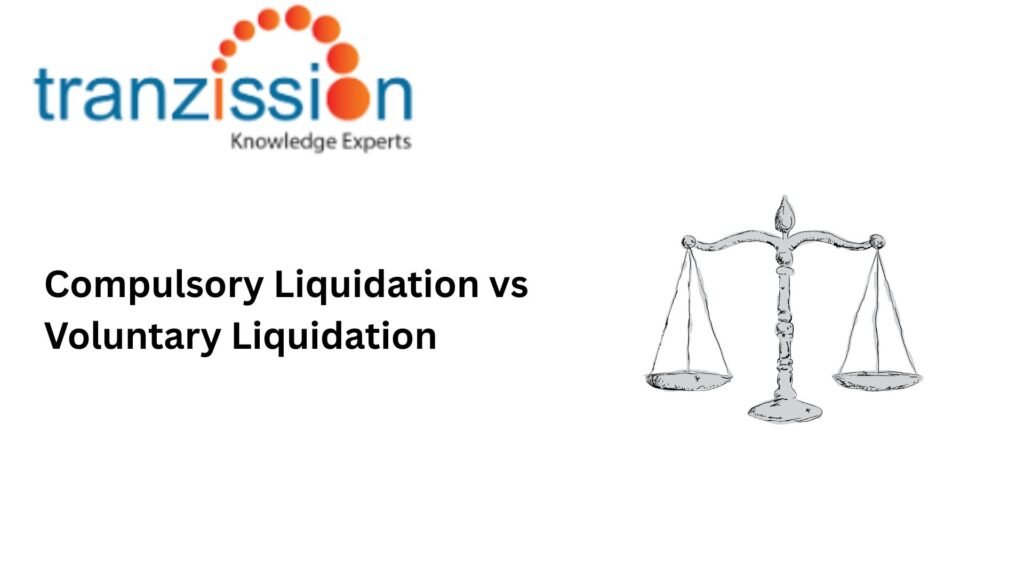Understanding Fresh Start Process Under IBC in India
TheFresh Start Process Under IBC process is given under Part III of Chapter II of the Insolvency and Bankruptcy Code, 2016 (“the IBC”) as a streamlined insolvency resolution mechanism designed to offer a financial reset for low-income individuals and small partnerships. It allows qualifying debtors to discharge certain debts and make a fresh start financially, […]
Introduced through the Insolvency and Bankruptcy Code (Amendment) Act, 2020,Section 32A of the IBC, 2016 gives a “clean slate” for corporate debtors after a resolution plan is approved, offering immunity from past offenses, but only if the new management meets certain conditions and the original management is not involved. This aims to encourage resolution applicants […]
Insolvency often involves a complex web of relationships between various stakeholders, including creditors, debtors, and potential investors. It provides a platform for these parties to openly communicate, understand each other’s interest, and collaboratively work towards resolution. Negotiating of Resolution Plan enables creditors and debtors to reach mutually beneficial agreements, such as structured payment plans or […]
Avoidance Transaction under IBC are actions taken by a debtor before entering insolvency proceedings that are deemed to unfairly benefit certain creditors or reduce the value of the estate available to all creditors. The existence of such transactions discourages debtors from engaging in transactions that could harm creditors as they can be undone in the […]
Bankruptcy is a legal process where individuals or businesses facing unmanageable debt can seek relief by either liquidating assets or reorganizing their debt. Chapter 7, 11, and 13 of the United States (US) Bankruptcy Code are different types of bankruptcy, each with its own implications for debtors and creditors. Weighing the Bankruptcy Advantages and Disadvantages […]
The Insolvency and Bankruptcy Code, 2016 (“the IBC”) is a crucial framework in India for resolving corporate defaults within a structured and time-bound manner. It aims to maximise asset value, promote entrepreneurship, and balance stakeholder interests. The IBC’s key strength lies in its time bound process, typically requiring completion of the Insolvency Petition Procedure within […]
In financially distress situations, liquidation value helps businesses understand the minimum value they can expect if they need to wind down operations or restructure. It represents the potential recovery for creditors and investors if a company is forced to sell its assets quickly. Hence, understanding this value is essential for making informed decisions about investments, […]
India’s insolvency regime, anchored by the Insolvency and Bankruptcy Code, 2016 (“the IBC”), provides structured Debt Relief Insolvency Laws for companies, guarantors, and individuals by streamlining the insolvency resolution process and emphasizing time-bound resolutions. The framework aims to maximize asset value, balancing stakeholders interests, and facilitate a graceful exit for failing businesses. The Groundwork: The […]
Liquidation is not always the optimal solution, especially when considering the potential loss of value and jobs. It can lead to immediate loss of employment for all employees, impacting not only the individuals but also their families and communities. By carefully considering Alternatives to Company Liquidation can avoid negative consequences of liquidation and preserve more […]
The Insolvency and Bankruptcy Code, 2016 (the IBC) mentions two types of liquidation, namely, Compulsory Liquidation vs Voluntary Liquidation Understanding the difference between the two is crucial because it impacts how a company is dissolved and the consequences for directors, creditors, and the overall businesses. Voluntary liquidation is initiated by the company directors, allowing for […]

